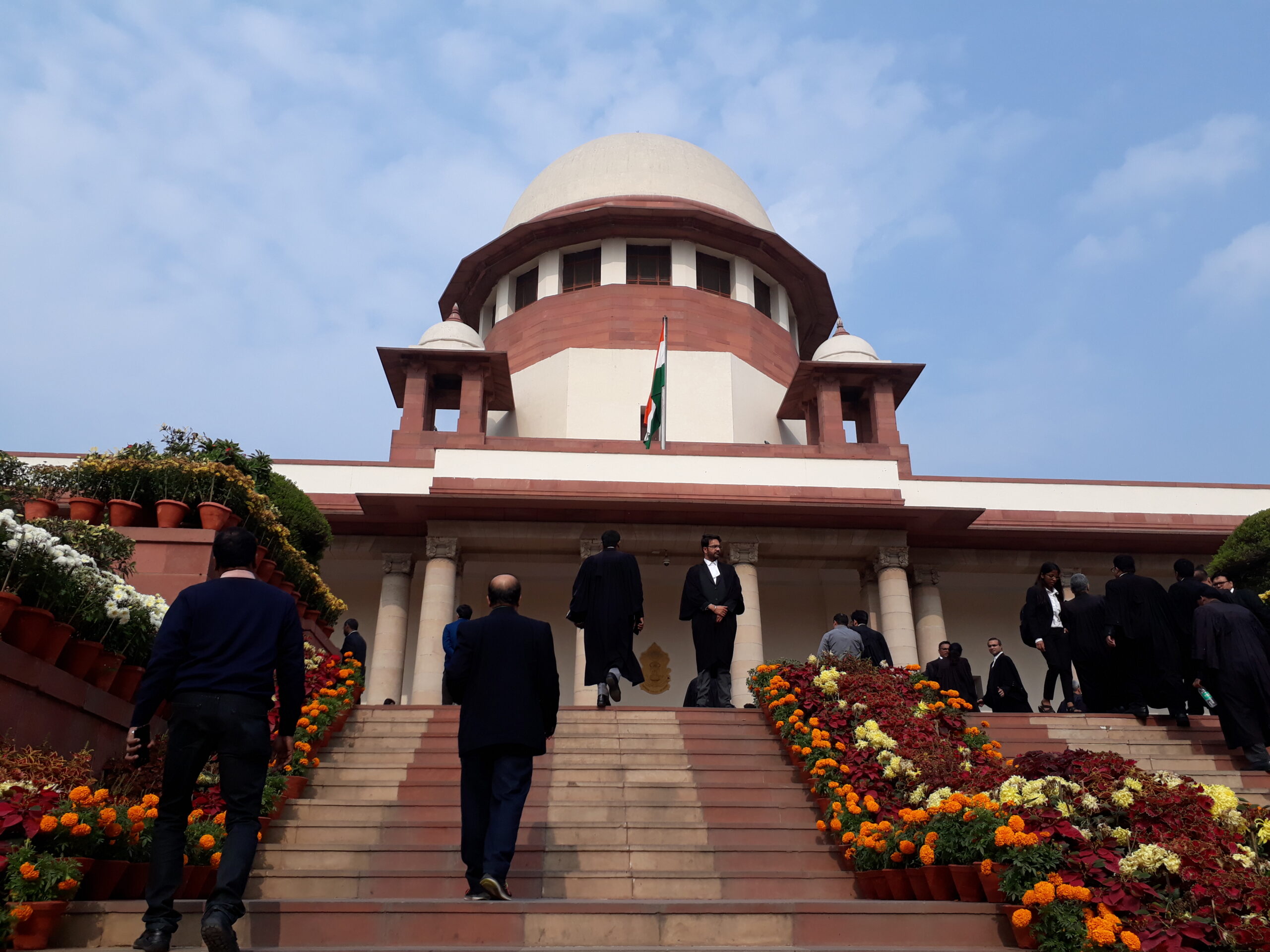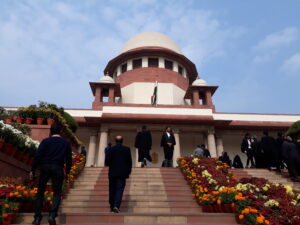The Supreme Court in the case Mallappa and Ors. Versus State of Karnataka observed that if the appreciation of evidence leads to two possible views, then the decision of the Trial Court wherein it acquitted the accused could not be reversed by the Appellate Court merely because there exists another view that led to the conviction of the accused.
The bench comprising of Justice Bela M. Trivedi and Justice Satish Chandra Sharma in the case observed and has noted that if the view taken by the trial court leads to the acquittal of the accused, then it would be impermissible for the Appellate Court or High Court to reverse the findings of the trial court by re-appreciating the selective evidence to convict the accused.
The court in the case stated that the appreciation of evidence leads to two possible views, then the view proving the innocence of the accused shall be taken into account and not the view which proves the guilt of the accused.
In the present case, the aforesaid observation of the court is based on the settled principle of criminal law i.e., ‘innocent until proven guilty’.
The bench headed by Justice Satish Chandra Sharma in the case observed and has laid down the six principles for the High Court or the Appellate court which shall come into play while deciding an appeal from acquittal.
(i)The Appreciation of evidence is the core element of a criminal trial and such appreciation must be comprehensive – inclusive of all evidence, oral or documentary;
(ii)The Partial or selective appreciation of evidence may result in a miscarriage of justice and is in itself a ground of challenge;
(iii)The court after the appreciation of evidence, finds that two views are possible, the one in favor of the accused shall ordinarily be followed;
(iv)In view of the Trial Court is a legally plausible view, the mere possibility of a contrary view shall not justify the reversal of acquittal;
(v)If the appellate Court is inclined to reverse the acquittal in appeal on a re-appreciation of evidence, it must specifically address all the reasons given by the Trial Court for acquittal and must cover all the facts;
(vi)In the case of reversal from acquittal to conviction, the appellate Court must demonstrate an illegality, perversity, or error of law or fact in the decision of the Trial Court.
The court in the case observed that the High Court has erred in reversing the decision of acquittal without arriving at any finding of illegality or perversity or error in the reasoning of the Trial Court.
The court while considering the facts and circumstances of the case observed and has set aside the impugned order and the judgement. Thus, the court acquitted the appellants accused of all the charges levelled upon them.








